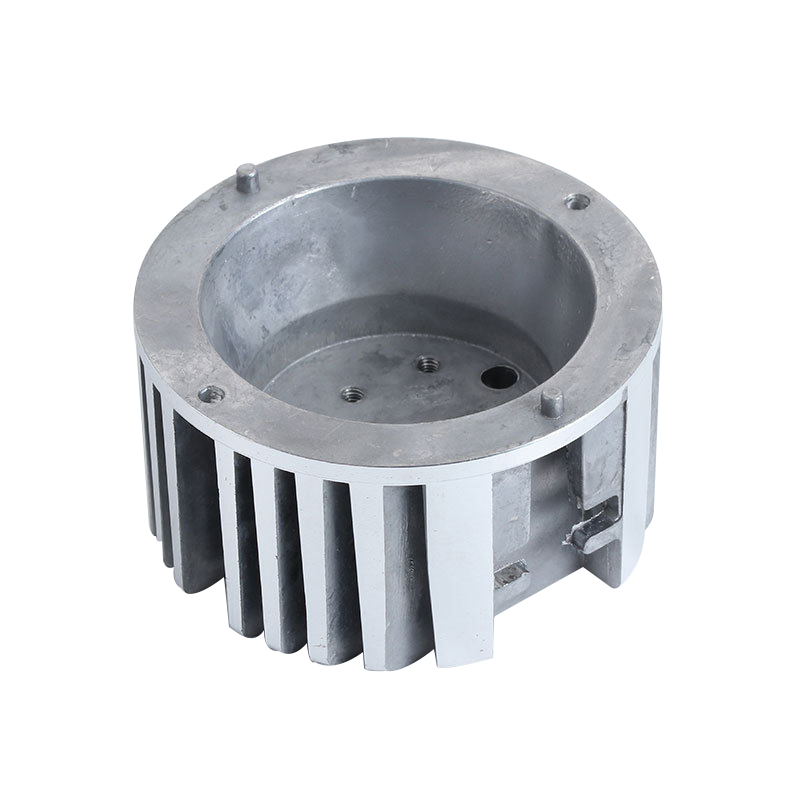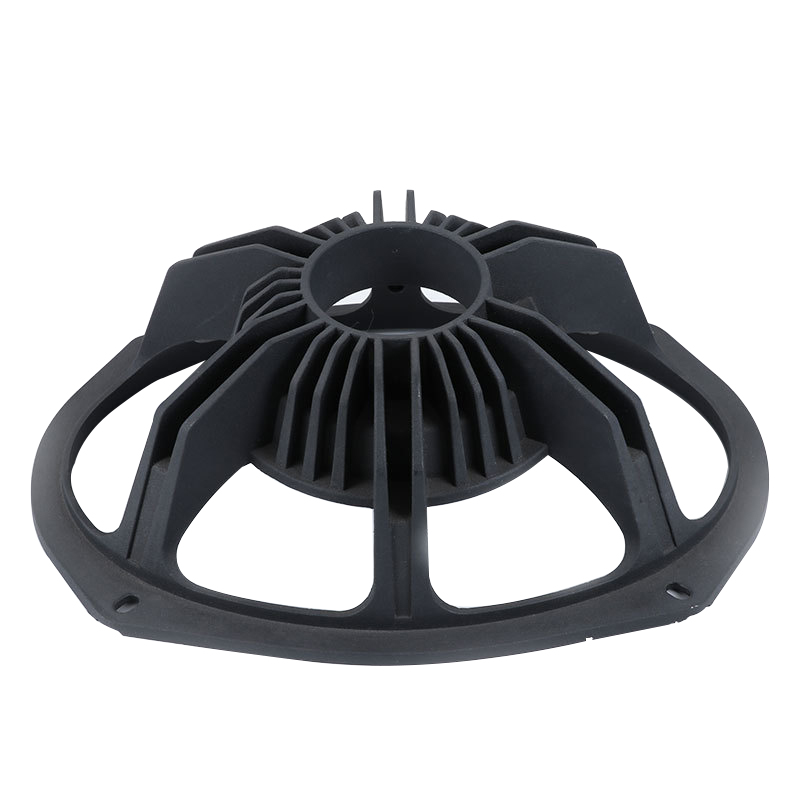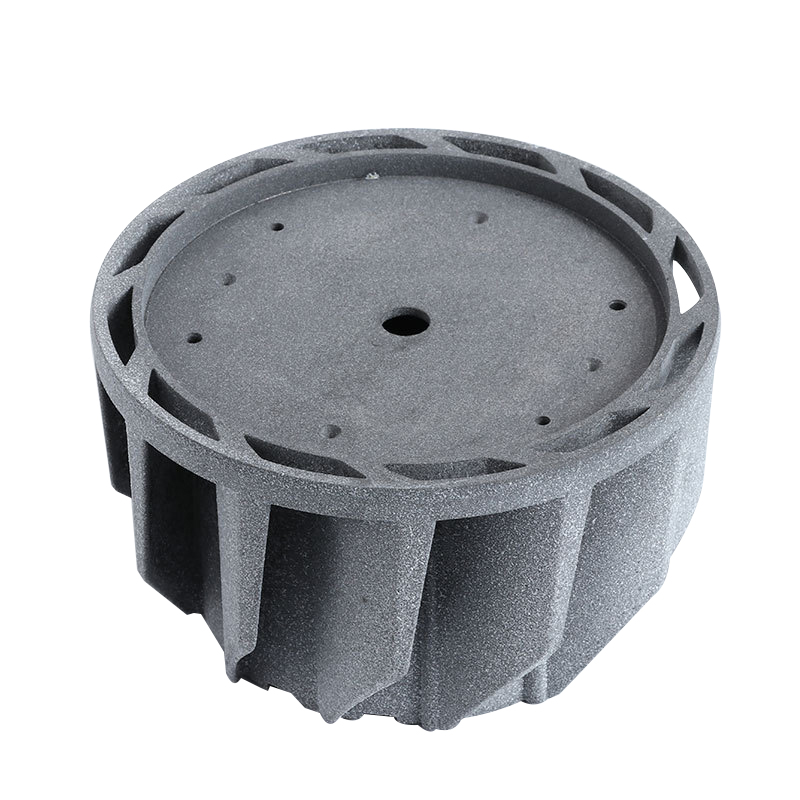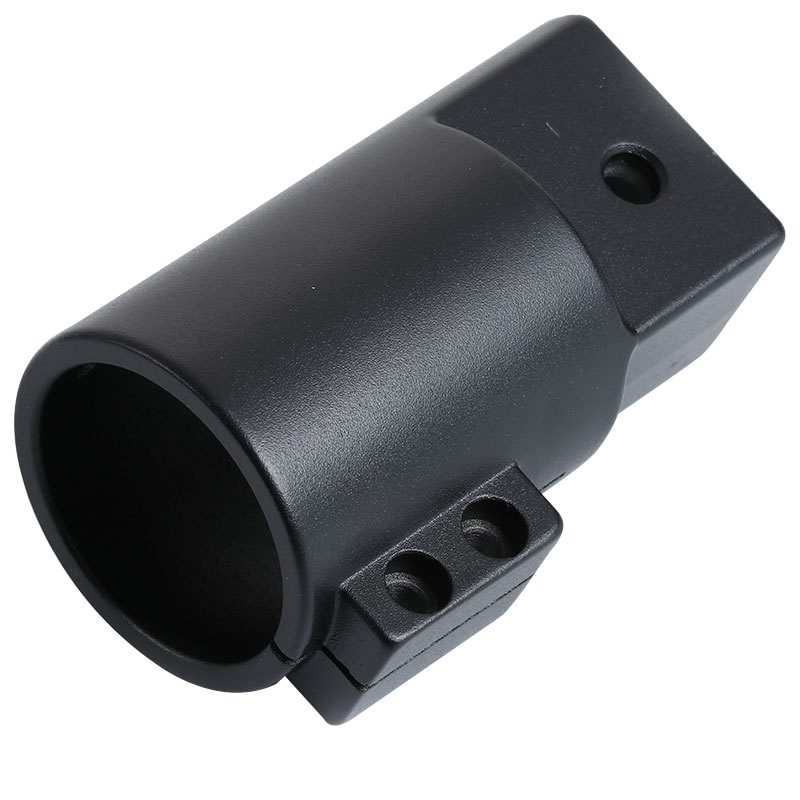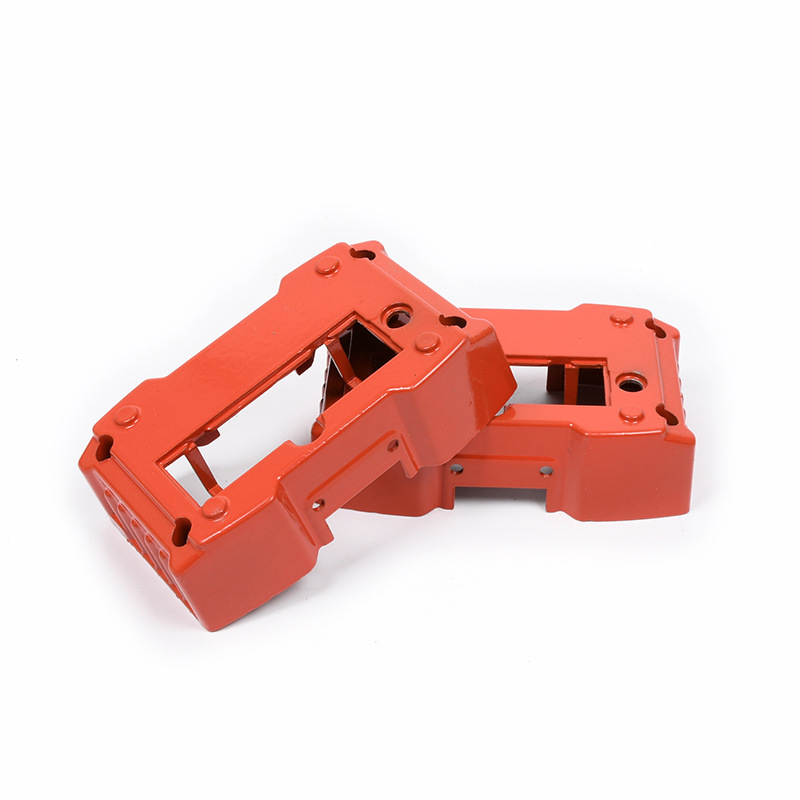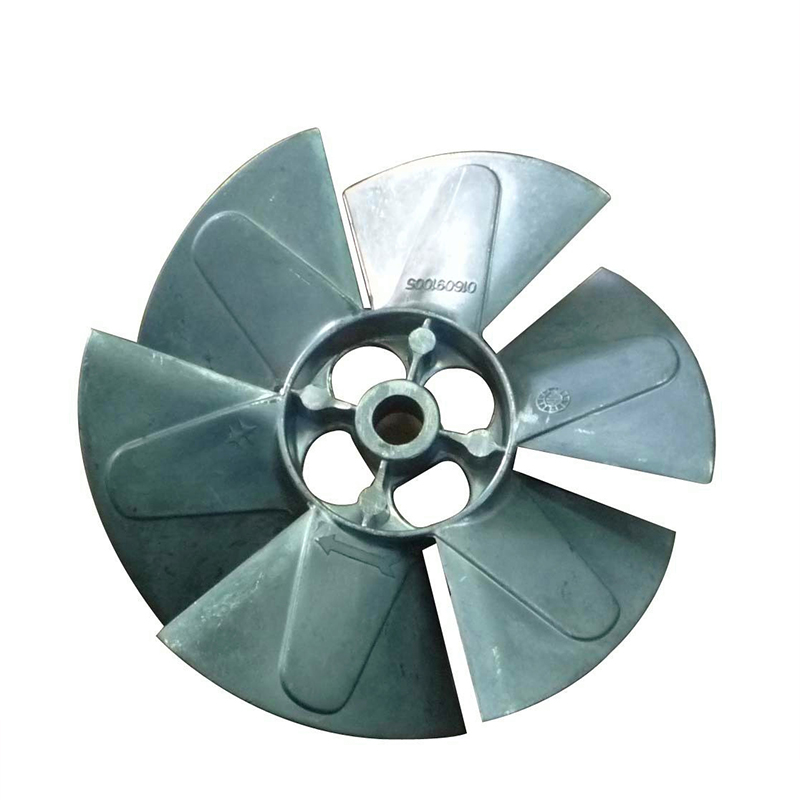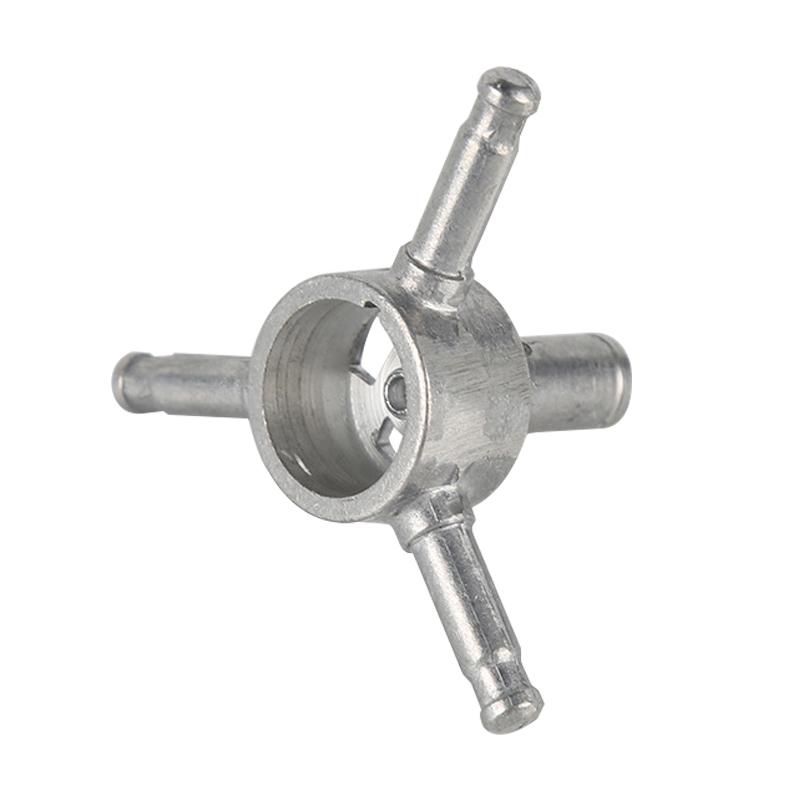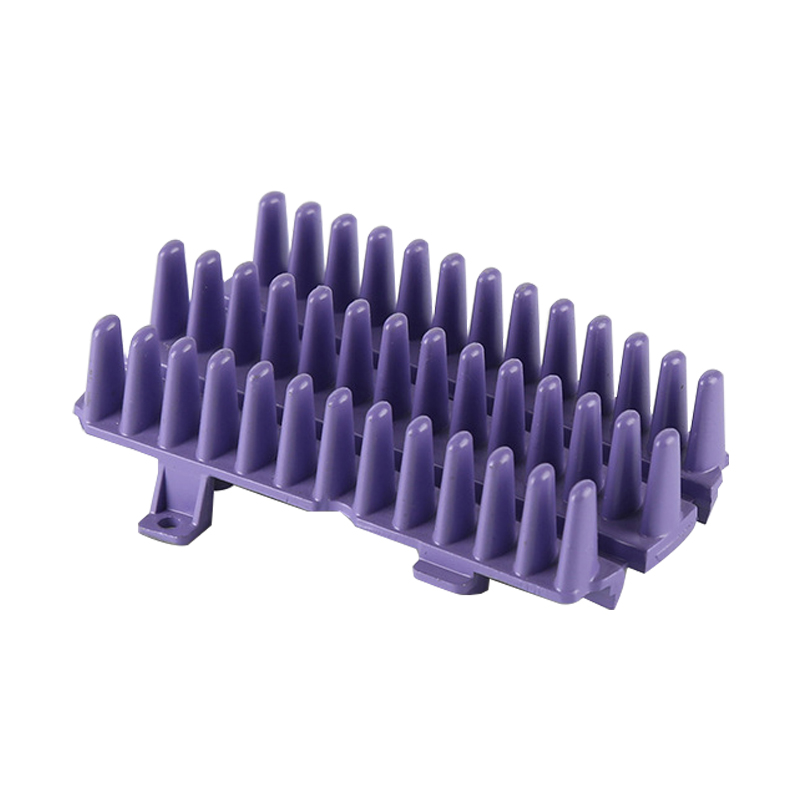How To Distinguish QC, IQC, IPQC, QA

QC: Quality Control, the general term for quality control, product quality inspection, analysis, improvement and non-conforming product control related personnel after quality problems are found. Generally include:
- IQC (Incoming Quality Control)
- IPQC (In-Process Quality Control)
- FQC (Final Quality Control)
- OQC (Out-going Quality Control)
QC focuses on the product, not the system (system). This is the main difference between it and QA. The purpose is the same as that of QA, which is to "meet or exceed customer requirements."
QA: Quality Assurance, quality assurance, through the establishment and maintenance of a quality management system to ensure that there is no problem with product quality. Generally include system engineers, SQE (Supplier Quality Engineer: supplier quality engineer), CTS (customer technical service personnel), 6sigma engineers, calibration and management personnel of measuring instruments.
QA not only needs to know where the problems are, but also how to formulate solutions to these problems and how to prevent them in the future. QC needs to know that if there are problems, they should control them, but they don’t necessarily need to know why they should be controlled in this way.
To use an inappropriate analogy, QC is a policeman and QA is a judge. QC only needs to catch those who violate the law. It cannot prevent others from committing crimes and convict others. The judge is to make laws to prevent crimes and pronounce judgments in accordance with the law. Disposal results.
In summary, QC mainly focuses on quality inspection activities after the fact. By default, errors are allowed, and errors are expected to be discovered and selected. QA is mainly an advance quality assurance activity, focusing on prevention, hoping to reduce the probability of errors.
QC is the operation technology and activities taken to make the product meet the quality requirements. It includes inspection, correction and feedback. For example, after QC conducts inspection and finds defective products, they will be eliminated, and then the bad information will be fed back to the relevant departments to take improvement measures. Therefore, the scope of QC's control is mainly within the factory. Its purpose is to prevent the input, transfer, and delivery of unqualified products, to ensure that products meet quality requirements and only qualified products can be delivered to customers.
QA is to provide trust to meet customer requirements, even if the customer is convinced that the product you provide can meet his requirements, it is necessary to review customer requirements from the beginning of market research and later, product development, order and material procurement, incoming inspection, and production process At each stage of control, shipment, after-sales service, etc., leave evidence to prove that every step of the factory's activities is carried out according to customer requirements.
The purpose of QA is not to ensure product quality, it is the task of QC to ensure product quality. QA is mainly to provide assurance. Therefore, it is necessary to manage the entire process from understanding customer requirements to after-sales service. This requires the company to establish a quality control system, formulate corresponding documents to regulate the activities of each process and leave evidence of the implementation of the activities in order to provide trust. This kind of trust can be divided into two types: internal and external: the external, even if the customer is at ease, believe that the factory produces and deliver products according to its requirements; the internal is to let the china cnc machining factory owner rest assured, because the boss is the first person responsible for product quality, and the product has quality accidents. He has to take full responsibility. This is also the main requirement for countries to formulate product quality laws to encourage companies to really pay attention to quality. Therefore, in order to avoid responsibility for quality, the boss must standardize various activities with documents and leave evidence. However, it is impossible for the boss to know whether the internal personnel of the factory operate according to the document requirements. This requires QA to conduct audits on his behalf to understand whether the document requirements are complied with, so that the boss can believe that the various activities of the factory are carried out in accordance with the document. Reassured him.
Therefore, the main difference between QC and QA is: the former is to ensure that the product quality meets the regulations, and the latter is to establish a system and ensure that the system operates as required to provide internal and external trust. At the same time, QC and QA have the same points: that is, both QC and QA must be verified. For example, QC testing products according to standards is to verify whether the product meets the specified requirements, and QA's internal audit is to verify whether the system operation meets the standard requirements. Cargo audit and reliability testing are to verify whether the product has performed various activities in accordance with the regulations and whether it can meet the specified requirements, so as to ensure that the products delivered by the factory are qualified and comply with relevant regulations.
The most important responsibility of QC is to monitor finished products (mainly including Raw material, in-process goods, finish goods, and in-process audit), focusing on detecting defects through Sample Inspection.

IPQC responsibilities
- Inspect the products in the production process and keep records
- Fill in the inspection report according to the inspection record
- Suggest improvement measures for the problems found in the inspection
IQC responsibilities
- Inspect raw materials in strict accordance with inspection standards
- Fill in the inspection record form truthfully
- Maintenance and maintenance of testing equipment
- Report of abnormal raw materials
- Identification of raw materials
- Responsible for signing and receiving the inspection report of the warehouse material staff
- For the material quality problems complained by the production line, it is responsible for re-checking the stock materials in the warehouse
QA is quality supervision/monitoring
- Responsible for the overall work of the department, organize the implementation of GMP-related quality management regulations, and put forward product quality opinions and improvement suggestions to the company's leaders in a timely manner.
- Ensure that the company's products are produced in compliance with GMP requirements.
- Responsibility for supervising, correcting and preventing people and matters related to quality in the whole enterprise.
- The instructions that are beneficial to the production configuration shall be reviewed and approved by the designated personnel of this department after review and signing.
- Review and approve the inspection results.
- Review the pilot test plan and conclusions of new product development and process improvement.
- Review the relevant technical and quality written materials submitted to the drug supervision and administration department.
- Review the batch record and make a conclusion whether the finished product is out of the factory.
- Responsible for organizing the formulation of quality standards and other documents for raw materials and packaging materials.
- Review the procedures for handling nonconforming products.
- Due to the needs of quality management, organize new technical standards or discuss and revise technical standards in conjunction with relevant departments.
- Review the production process regulations, batch production records, and batch packaging records of each product, and decide on the release of finished products.
- To deal with product quality issues complained by users, assign personnel or visit users in person. Convene internal meetings to study and improve quality issues with relevant departments, and report the complaints and handling results to the person in charge of the company in writing.
- Regularly (at least once a year) conduct a comprehensive GMP inspection of the enterprise in conjunction with the General Office of Engineering and the Production Department, and report the inspection to the person in charge of the enterprise in a timely manner.
Please keep the source and address of this article for reprinting: How To Distinguish QC, IQC, IPQC, QA
Minghe Die Casting Company are dedicated to manufacture and provide quality and high performance Casting Parts(metal die casting parts range mainly include Thin-Wall Die Casting,Hot Chamber Die Casting,Cold Chamber Die Casting),Round Service(Die Casting Service,Cnc Machining,Mold Making,Surface Treatment).Any custom Aluminum die casting, magnesium or Zamak/zinc die casting and other castings requirements are welcome to contact us.
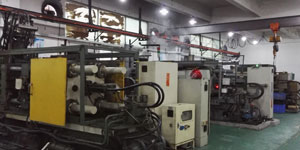
Under the control of ISO9001 and TS 16949,All processes are carried out through hundreds of advanced die casting machines, 5-axis machines, and other facilities, ranging from blasters to Ultra Sonic washing machines.Minghe not only has advanced equipment but also have professional team of experienced engineers,operators and inspectors to make the customer’s design come true.
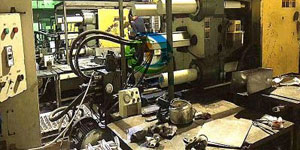
Contract manufacturer of die castings. Capabilities include cold chamber aluminum die casting parts from 0.15 lbs. to 6 lbs., quick change set up, and machining. Value-added services include polishing, vibrating, deburring, shot blasting, painting, plating, coating, assembly, and tooling. Materials worked with include alloys such as 360, 380, 383, and 413.
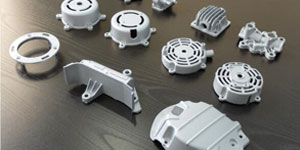
Zinc die casting design assistance/concurrent engineering services. Custom manufacturer of precision zinc die castings. Miniature castings, high pressure die castings, multi-slide mold castings, conventional mold castings, unit die and independent die castings and cavity sealed castings can be manufactured. Castings can be manufactured in lengths and widths up to 24 in. in +/-0.0005 in. tolerance.
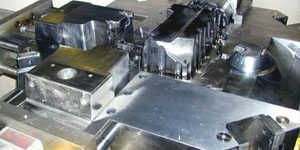
ISO 9001: 2015 certified manufacturer of die cast magnesium, Capabilities include high-pressure magnesium die casting up to 200 ton hot chamber & 3000 ton cold chamber, tooling design, polishing, molding, machining, powder & liquid painting, full QA with CMM capabilities, assembly, packaging & delivery.
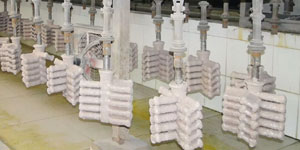
ITAF16949 certified. Additional Casting Service Include investment casting,sand casting,Gravity Casting, Lost Foam Casting,Centrifugal Casting,Vacuum Casting,Permanent Mold Casting,.Capabilities include EDI, engineering assistance, solid modeling and secondary processing.
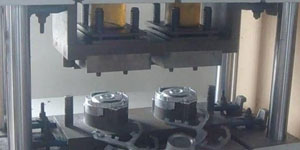
Casting Industries Parts Case Studies for: Cars, Bikes, Aircraft, Musical instruments, Watercraft, Optical devices, Sensors, Models, Electronic devices, Enclosures, Clocks, Machinery, Engines, Furniture, Jewelry, Jigs, Telecom, Lighting, Medical devices, Photographic devices, Robots, Sculptures, Sound equipment, Sporting equipment, Tooling, Toys and more.
What Can we help you do next?
∇ Go To Homepage For Die Casting China
→Casting Parts-Find out what we have done.
→Ralated Tips About Die Casting Services
By Minghe Die Casting Manufacturer |Categories: Helpful Articles |Material Tags: Aluminum Casting, Zinc Casting, Magnesium Casting, Titanium Casting, Stainless Steel Casting, Brass Casting,Bronze Casting,Casting Video,Company History,Aluminum Die Casting |Comments Off

